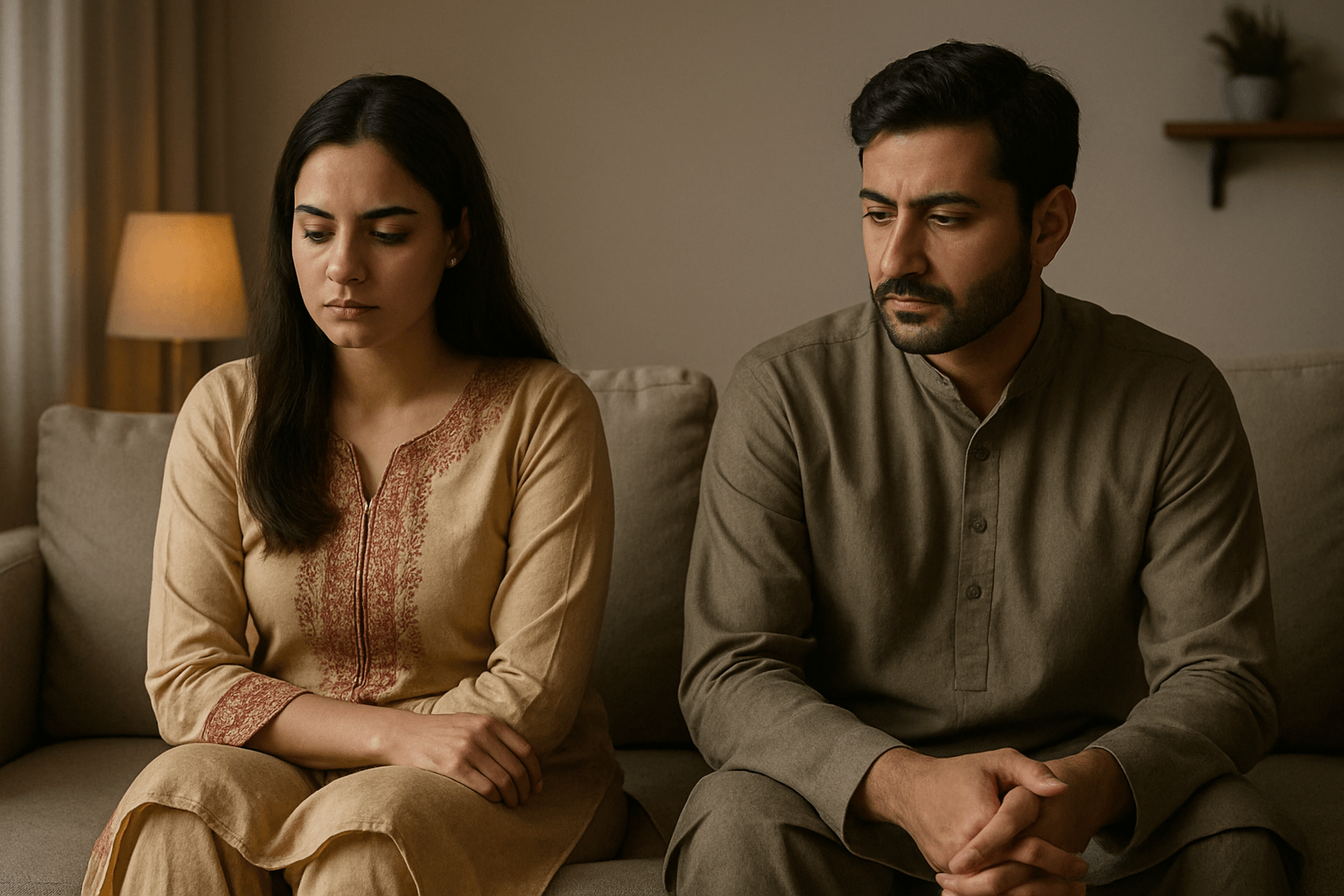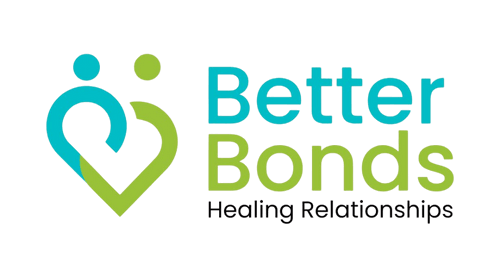
Relationships are a vital part of our emotional and mental well‑being, but even the strongest partnerships can hit rough patches. If you’re wondering whether you and your partner should seek professional help, you’re not alone. In Pakistan, relationship counseling is becoming more accessible, especially with the rise of online therapy options.
In this blog, we’ll explore clear signs that indicate your relationship might benefit from counseling — and how to take that first step.
- Constant Arguments Over Small Issues
Disagreements are normal in any relationship. However, if you and your partner are arguing over minor things almost every day, it’s a red flag. Frequent tension may point to deeper, unresolved issues. Relationship counseling in Pakistan can help both of you understand the root causes and learn healthy communication tools. - Lack of Communication
Have your conversations dwindled to surface‑level exchanges? Do you find yourselves avoiding important discussions to keep the peace? A breakdown in communication is one of the earliest signs that therapy might be needed. Couples often learn to rebuild emotional intimacy through guided conversations in couples counseling. - Emotional Distance or Feeling “Checked Out”
You might be living together but feel miles apart emotionally. If either partner feels lonely, unseen, or emotionally neglected, it’s a sign the relationship needs attention. A professional therapist can help you reconnect and understand what caused the emotional disconnection in the first place. - Trust Issues or Past Betrayals
Whether it’s infidelity or a breach of trust over finances or family decisions, these wounds can linger. Without help, they tend to fester and reappear during conflicts. A trained therapist can create a safe space for both partners to express hurt, rebuild trust, and move forward. Book a session to begin the healing. - Avoiding Intimacy
Intimacy isn’t just physical — it’s also emotional. If there’s a growing avoidance of touch, affection, or deep conversation, something is off. Counseling helps couples explore the emotional reasons behind the shift and guides them back toward connection. - You’re Only Staying Together “for the Kids”
Many couples in Pakistan remain in difficult relationships for the sake of children or family reputation. While these are valid concerns, staying in a toxic environment can affect your mental health — and your children’s well‑being. Therapy helps you understand your options and choose what’s best for everyone involved.
Explore family and individual therapy services for comprehensive support.
- One or Both Partners Feel Unheard
If one or both partners constantly feel like their needs are overlooked or dismissed, resentment can build up. A therapist can serve as a neutral party to help each partner feel heard, validated, and understood. - A Major Life Event Has Caused Stress
Loss of a loved one, financial difficulties, health issues, or job loss can place immense pressure on a relationship. If life changes are straining your connection, counseling can offer tools for resilience and mutual support. Learn more about grief therapy in Pakistan.
Why Seek Help Now?
In Pakistani culture, therapy is still gaining acceptance, but the stigma is fading. Platforms like Better Bonds offer discreet, affordable, and flexible options — especially with online therapy in Pakistan.
Final Thoughts
Recognizing that your relationship could benefit from therapy isn’t a sign of failure — it’s a courageous step toward healing and growth. If any of these signs resonate with you, consider speaking to a certified therapist. Early intervention can make a lasting difference.
👉 Book a free consultation and take your first step toward a healthier relationship today..
